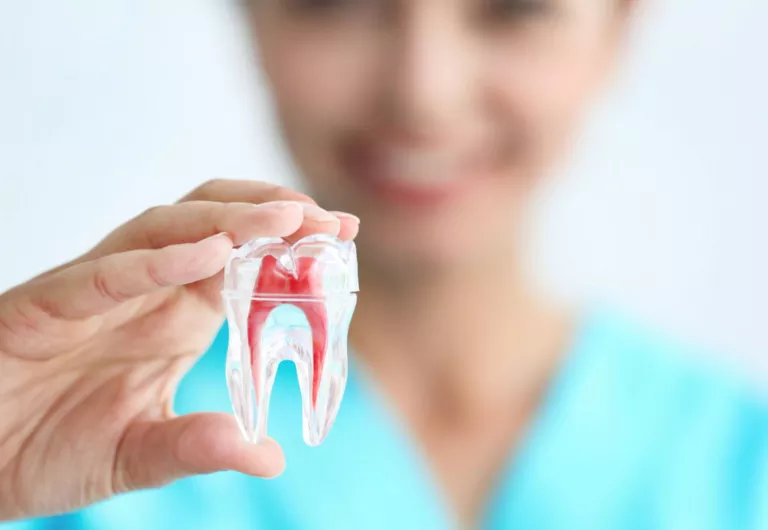

MSc Pulpal Therapy and Endodontics
The MSc Specialist Practice of Pulpal Therapy and Endodontics aims to promote an understanding of the different requirements essential to the provision of ethical, safe and evidence-based endodontic treatment. It will introduce students to the very latest endodontic protocols and digitally driven technologies which are directly relevant to general practice. This MSc degree will help you develop your referral base and your own special interest practice in endodontics.
Course Outline
C: Core / O: Optional

This module develops knowledge and understanding of the requirements essential to the safe clinical practice and application of advanced treatment modalities and the challenge of long term maintenance issues or complications. It aims to highlight potential endodontic complications in treatment and for you to be able to develop risk assessment strategies to avoid or minimise complications in endodontic therapy. These challenges can range from unacceptable aesthetics and poor treatment outcomes to irreversible occlusal abnormalities. As it is not possible to prevent all complications, this module also considers essential management strategies and the ethical issues of informed consent and management of patient expectations.
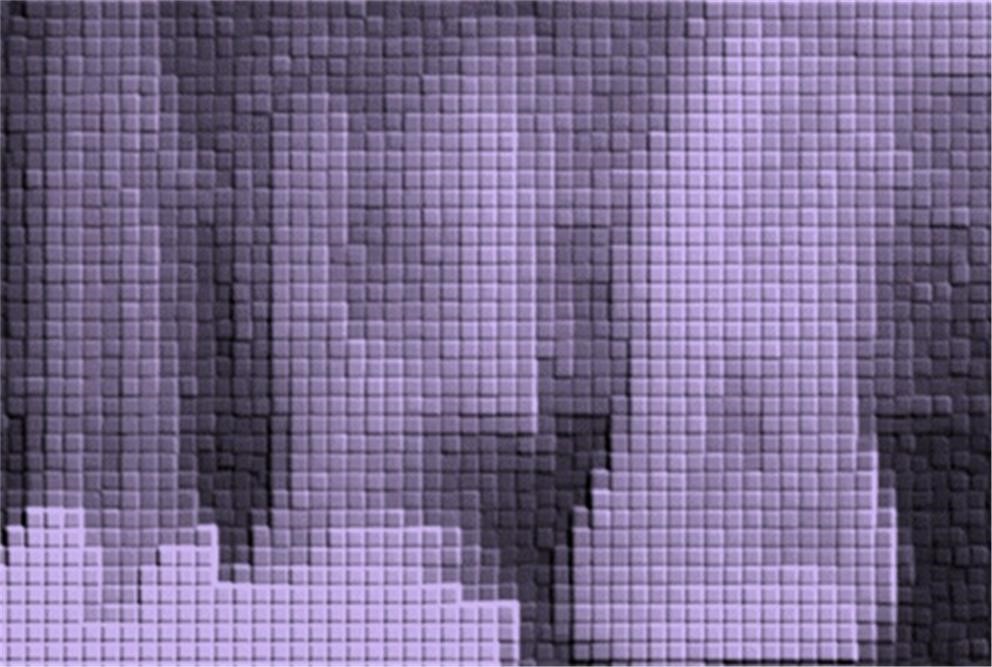
This module will provide a sound understanding of the key causes of pulpal disease, its diagnosis, and appropriate treatment modalities. Students will conduct literature searches and critically appraise current evidence relating to the management of pulpal pathology and apical periodontitis. This module will also consider potential complications and risk assessment strategies to avoid and minimize complications. It also develops communication skills, organization, planning and problem solving, treatment planning, risk assessment, ethical responsibility, and consent.
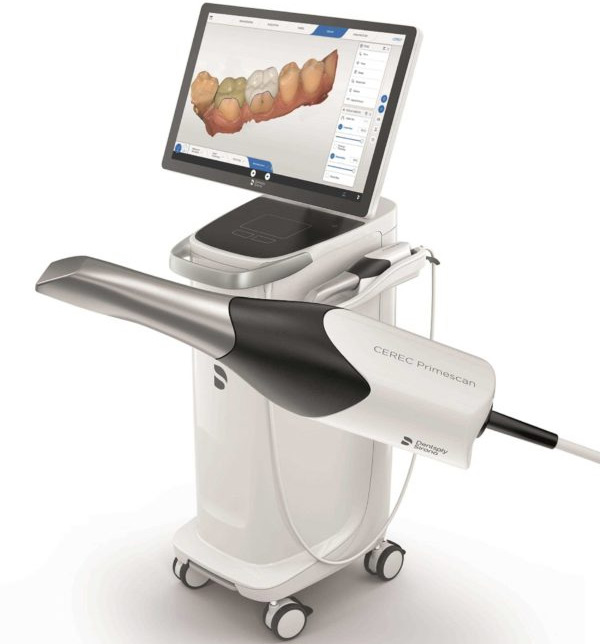
This module provides an introduction to Cone Beam Computer Tomography (CBCT) through a series of practical training sessions on three-dimensional imaging systems and their underlying principles. It will develop the skills of navigation and interpretation of three-dimensional images. Through this module you will learn the fundamental technology of CT scans, their advantages and limitations. You will learn the operating and legal requirements applicable to the safe and effective use of radiographic equipment, plus the health and safety issues related to ionising radiation.
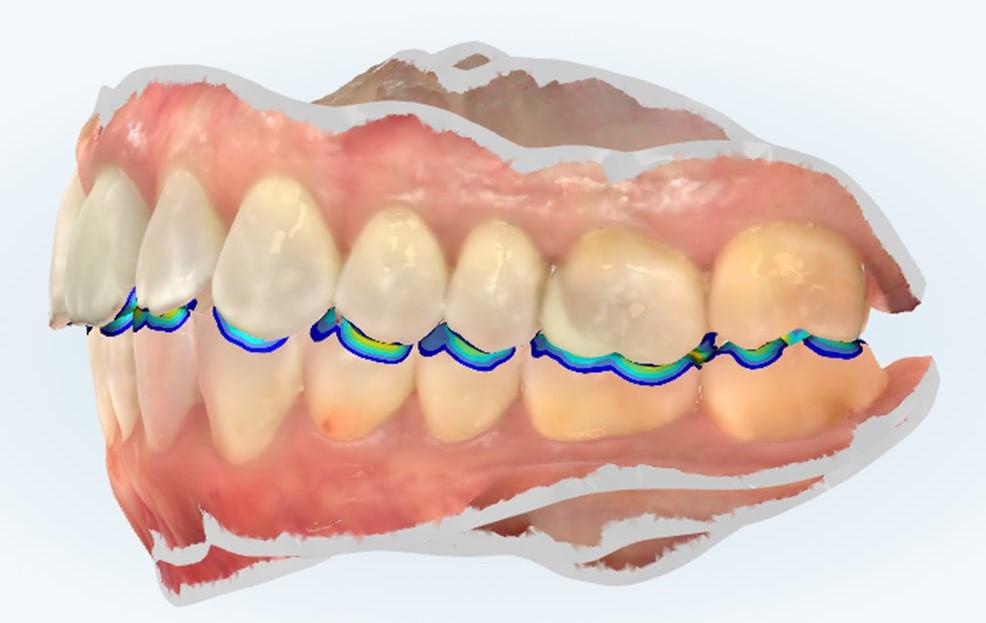
Patient aesthetic awareness coupled with the development of new orthodontic techniques, Implant and restorative rehabilitation have increased the number of adults seeking advanced dental treatment. This has increased the likelihood of dentists having to diagnose and treat the occlusion as part of a larger treatment plan. This multidisciplinary module considers the anatomy, aetiology and management of occlusion from an orthodontic and restorative perspective. The aim of this module is to enable the dentist to effectively diagnose and formulate a treatment plan so that the patient can be treated with a comprehensive multidisciplinary approach.
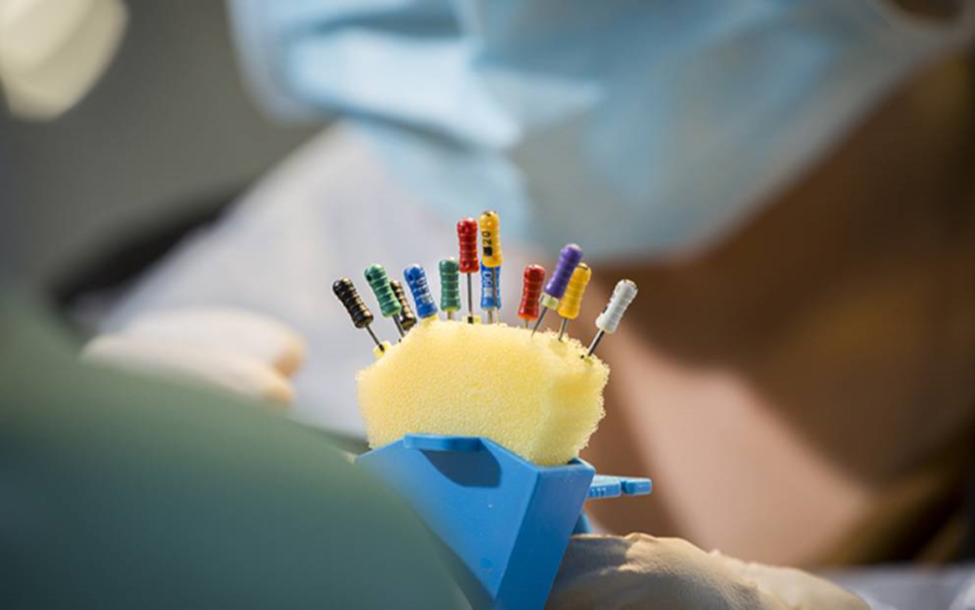
As an experienced dental professional, this optional module requires you to critically evaluate the value of your own knowledge base and to recognise and clarify the important connections between what you already know and what you intend to learn. It encourages information literacy, using contemporary and seminal sources in order to compile a critical evaluation of restorative and aesthetic practice to allow you to develop strategies to enhance practice.
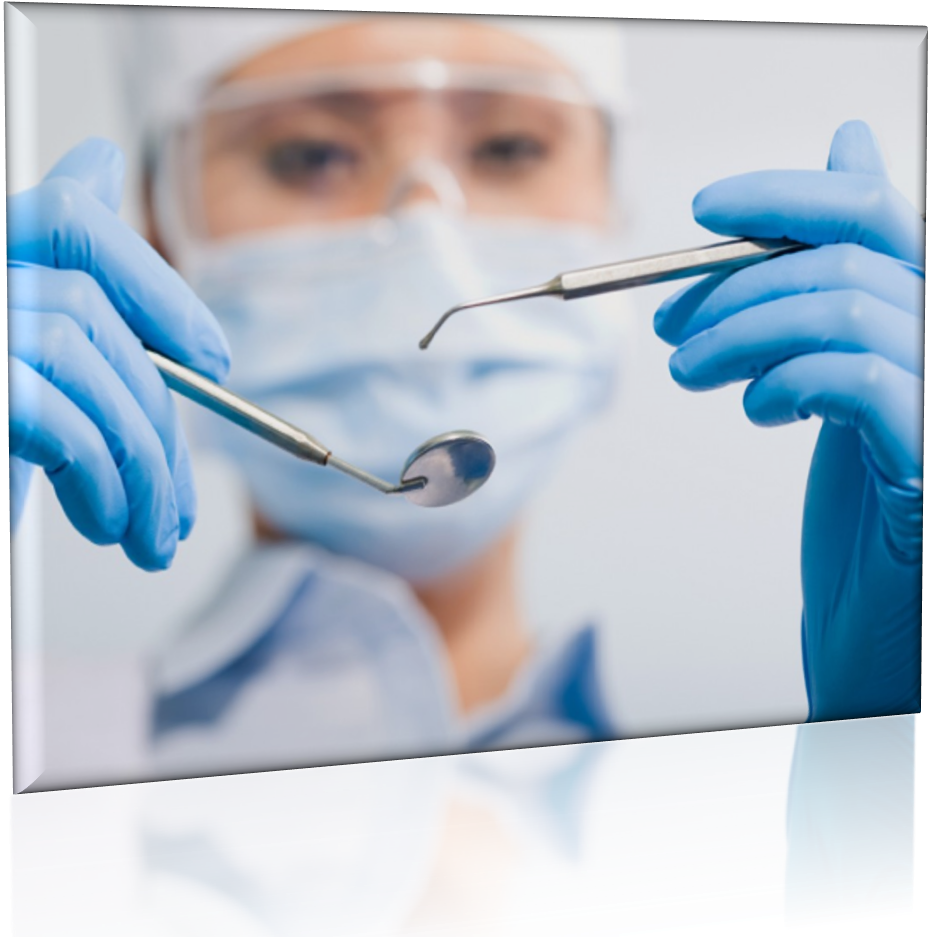
This module encourages you to critically reflect on your professional, clinical and managerial practice in a specific field in order to explore questions which are fundamental to your professional development and eventual dissertation topic. The module requires you to evaluate your own knowledge base and to recognise and clarify the important connections between what you already know and what you intend to learn. It encourages information literacy, using contemporary and seminal sources in order to compile a critical evaluation of specialist practice to allow you to develop strategies to enhance you professional development. It will also be possible to arrange for supervised clinical placement of implants on actual patients in Dubai.
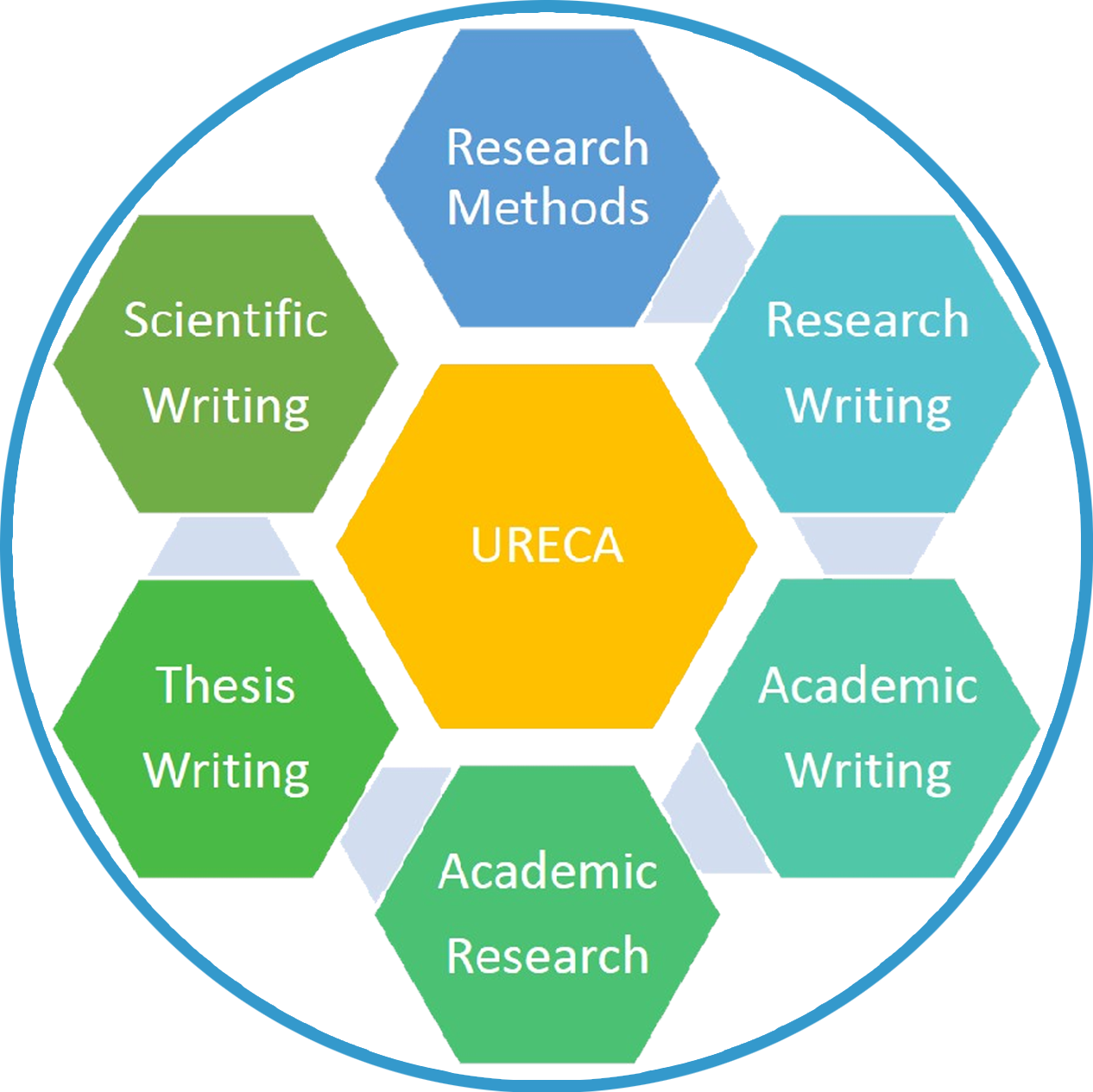
The aim of this module is to help you to develop research skills in order to identify your dissertation topic, make a detailed proposal and plan your research. It will develop the academic skills necessary for your study at Masters level. This comprehensive module covers clinical statistics, evidence-based practice, critical appraisal, measurement and research design, and explores their specific application in medical research and treatment. You will learn how to formulate realistic research objectives and an appropriate conceptual/analytical framework for your research. You will also learn how to identify, collate and critically review relevant evidence from the literature, and how to make informed decisions about which research philosophies, strategies and methods are applicable to your research.

This taught module provides an opportunity to undertake an extended and substantial piece of research. It allows you to synthesise the academic knowledge acquired from prior postgraduate and experiential learning to produce an evaluative and critical discussion of a specialist dental topic directly related to your programme of study. It aims to help you to develop your abilities in identifying a problem, establishing its significance, formulating a hypothesis/proposition, designing a means of testing the hypothesis and evaluating the results.
Apply for this Course
Apply NowRequest a Virtual Meeting
In relation to our course in 'MSc Pulpal Therapy and Endodontics' to discuss your learning requirements and our flexible fees.
Request NowAdmission Criteria
Normally, at least two years of demonstrable postgraduate clinical experience in clinical practice. For the MSc in Clinical Aesthetic Non-Surgical Interventions, entry will also be open to doctors, NMC registered nurses (prescribing), and prescribing pharmacists. Current registration with the UK General Dental Council (GDC), General Medical Council (GMC), Nursing & Midwifery Council (NMC), General Pharmaceutical Council (GPhC) or equivalents in another country. Evidence of appropriate professional liability insurance or medico-legal indemnity insurance, as may be required for the designated clinical setting, at an appropriate level.



